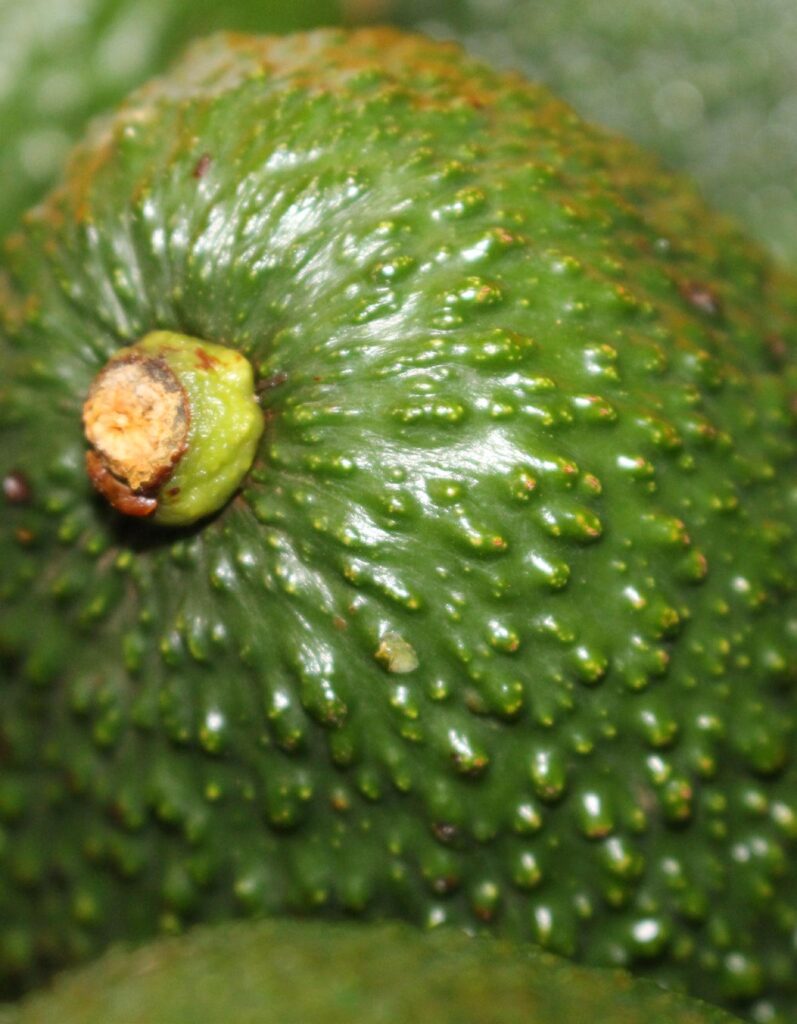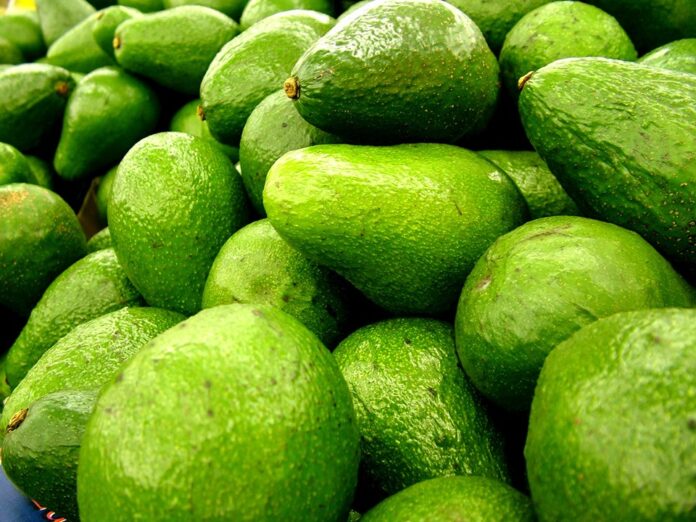Are you looking for a profitable investment opportunity? Look no further than avocado farming! According to an article from The Export Agenda Magazine, avocado farming has become increasingly lucrative, attracting a new breed of investors. With high demand for avocados in European markets, farmers have the potential to earn annual income returns of Ksh. 400,000 per acre. Large-scale commercial farms have even begun engaging local small-scale farmers to cultivate fresh produce for the export market. Contract farming agreements are being formed, ensuring the farming of identified crops like avocados. With the potential for high profits and increasing investment, avocado farming is becoming a promising venture for many.
Hass Avocado as a Lucrative Investment
If you’re looking for a lucrative investment opportunity, you may want to consider avocado farming, particularly the Hass avocado variety. With its high demand in European markets, growing Hass avocados can yield significant income returns. In recommended ecological zones and with proper crop husbandry practices, a farmer can expect to earn around Ksh. 400,000 per acre annually.
Demand for Hass Avocado in European Markets
The Hass avocado variety is currently the most preferred for export to European markets. Its popularity has created a steady demand and a profitable market for avocado farmers. European consumers value the quality and taste of Hass avocados, making it an attractive product for export.
Annual Income Returns from Avocado Farming
Avocado farming, especially with the Hass variety, offers substantial annual income returns. In the right ecological conditions and with proper farming techniques, a farmer can earn Ksh. 400,000 per acre annually. This level of income makes avocado farming a lucrative business venture for both large-scale commercial farmers and small-scale farmers.
New Breed of Investors in Avocado Farming
The growing demand for avocados has attracted a new breed of investors to the agricultural sector in Kenya. These investors recognize the profitability of avocado farming and are setting up large commercial farms to meet the demand for export. Their investments not only contribute to the growth of the avocado industry but also create opportunities for local small-scale farmers to participate in the value chain.
Investments in Fruits and Vegetable Farming
Avocado farming is part of a larger trend of targeted investments in fruits and vegetable farming for export. The export market for fresh produce has seen an increase in investments from both local and international stakeholders. This investment trend has created opportunities for commercial farming and has positively impacted the agricultural sector in Kenya.
Contractual Farming in the Avocado Industry
One emerging model in the avocado industry is contractual farming. Companies sign agreements with farmers to promote the farming of specific crops, including avocados. This model ensures a consistent supply of high-quality produce for export and helps farmers secure a stable market. Contractual farming also provides farmers with access to agricultural resources, such as inputs, technologies, and credit, to improve productivity and crop quality.
Partnerships with International Companies
To meet the demand for avocados in export markets, Kenyan farmers have formed partnerships with international companies. These partnerships provide farmers with access to global markets and retail chains, ensuring a steady demand for their produce. By collaborating with international companies, farmers can expand their export potential and increase their income.
Initiatives by County Governments to Support Avocado Farmers
County governments in Kenya are actively supporting avocado farmers through various initiatives. These initiatives aim to provide farmers with the necessary resources, knowledge, and support to thrive in the avocado industry. For example, the Kiambu county government has signed agreements with packers and exporters to protect farmers from exploitation by middlemen. This support from county governments creates a favorable environment for avocado farming and encourages farmers to venture into fruit farming.
Formation of Avocado Farmers Cooperative Societies
To promote organized farming practices and ensure adherence to regulations, avocado farmers have formed cooperative societies. These societies oversee all aspects of avocado farming, from farm to market. By working collectively, farmers can improve the quality of their produce, negotiate better prices, and streamline the distribution process. Cooperative farming also strengthens the sense of community among farmers and facilitates knowledge-sharing.
Benefits of Private Funding in Commercial Farming
private funding has played a crucial role in the formalization of commercial farming in Kenya. Through private investments, farmers have been able to access financial resources, advanced farming technologies, and market linkages. This has led to increased productivity, improved crop quality, and better income opportunities for farmers. Private funding has also encouraged farmers to form cooperative societies, which further enhances the efficiency and profitability of avocado farming.

Cooperative Farming and Collective Marketing
Cooperative farming and collective marketing have proven to be successful strategies in the avocado industry. By working together, farmers can pool their resources, share knowledge, and negotiate better prices for their produce. Cooperative farming allows farmers to streamline farming activities, reduce costs, and increase efficiency. Collective marketing ensures a consistent supply of high-quality avocados to meet market demand, making it beneficial for both farmers and buyers.
Promotion of Crop Husbandry and Improved Productivity
To maximize their income potential, avocado farmers need to practice good crop husbandry. This includes proper tree care, soil management, irrigation, pest control, and harvesting techniques. Through training and extension services, farmers can acquire the knowledge and skills necessary to improve productivity and maximize their yields. Crop husbandry practices also contribute to maintaining the quality and competitiveness of Kenyan avocados in the international market.
Access to Global Markets and Retail Chains
Partnerships with international companies provide avocado farmers with access to global markets and retail chains. This direct affiliation ensures a steady demand for avocados and eliminates middlemen who may exploit farmers. By accessing global markets, farmers can secure higher prices for their produce and increase their income. Direct relationships with retail chains also give farmers more control over the marketing and distribution of their avocados.
Avocado Farming in Nucleus Farms and Contracted Farmers
Listed agricultural firms, such as Kakuzi and Sasini, engage in avocado farming through both nucleus farms and contracted farmers. Nucleus farms produce avocados for the companies’ own operations, while contracted farmers provide additional supply. This approach allows for better control over the quality and quantity of avocados harvested. It also ensures that clean and quality avocado seedlings are available to farmers and that extension services are provided to out-grower farmers.
Provision of Quality Avocado Seedlings
One of the key factors in successful avocado farming is the use of quality seedlings. Agricultural firms and cooperatives ensure that farmers have access to clean and disease-free avocado seedlings. By providing quality seedlings, farmers can establish healthy and productive avocado orchards, leading to higher yields and better income.
Extension Services for Out-Grower Farmers
To support out-grower farmers, agricultural firms and cooperatives provide extension services. These services include training, technical advice, and access to agricultural resources. By receiving guidance from experts, out-grower farmers can optimize their farming practices, adopt new technologies, and improve their overall productivity. Extension services also foster innovation and knowledge-sharing within the avocado farming community.
Easy Access to Market for Large-Scale Operators
Large-scale operators in the avocado industry enjoy easy access to global markets and retail chains. Their established networks and affiliations allow for a smooth distribution process and ensure a stable demand for their produce. This easy access to the market eliminates many of the challenges faced by small-scale farmers, such as finding buyers and negotiating prices. As a result, large-scale operators can focus on increasing their production and expanding their avocado farming operations.
Challenges and Opportunities in Avocado Farming
While avocado farming presents lucrative opportunities, it also comes with its challenges. Export requirements and licenses can be complex and time-consuming for farmers to navigate. Fierce competition in the international market requires farmers to maintain high-quality standards and meet stringent export regulations. Additionally, climate change and environmental factors can affect avocado production and pose risks to farmers’ income. However, with proper planning, investment, and adherence to best practices, these challenges can be overcome, and the opportunities in avocado farming can be seized.
Export Requirements and Licenses for Avocado Farmers
Exporting avocados requires farmers to comply with specific requirements and obtain the necessary licenses. These requirements ensure that avocados meet quality and safety standards set by importing countries. Farmers need to closely follow the guidelines for harvesting, packaging, and labeling avocados. They also need to undergo inspection and certification processes to demonstrate compliance. While these export requirements can be demanding, they are essential for maintaining Kenya’s reputation as a reliable exporter of high-quality avocados.
The Future of Avocado Farming
The future of avocado farming in Kenya looks promising. With increasing demand in international markets and the government’s support through various initiatives, the avocado industry is poised for growth. To capitalize on this potential, farmers need to embrace innovative farming practices, invest in technology, and continuously improve their crop husbandry skills. By doing so, Kenyan avocado farmers can secure a strong position in the global market and reap the financial rewards of their investments.













